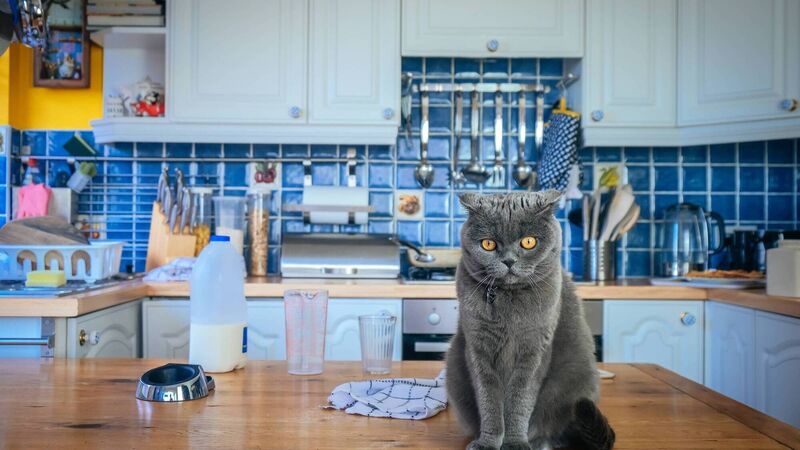Pete the Vet: Seven new year resolutions to help owners deal with pet problems

Pete the Vet: Cats have no shame: a dog often looks bashful if caught doing something wrong, while cats maintain an arrogant air that reminds you that they are the real bosses in the home.
The start of a new year is always a useful time to stop and reflect before proceeding: this is why New Years Resolutions have become a tradition.
There are two definitions of the word “resolution”: first, “a firm decision to do, or not to do, something”. This is the meaning which is used when making promises for the new year.








